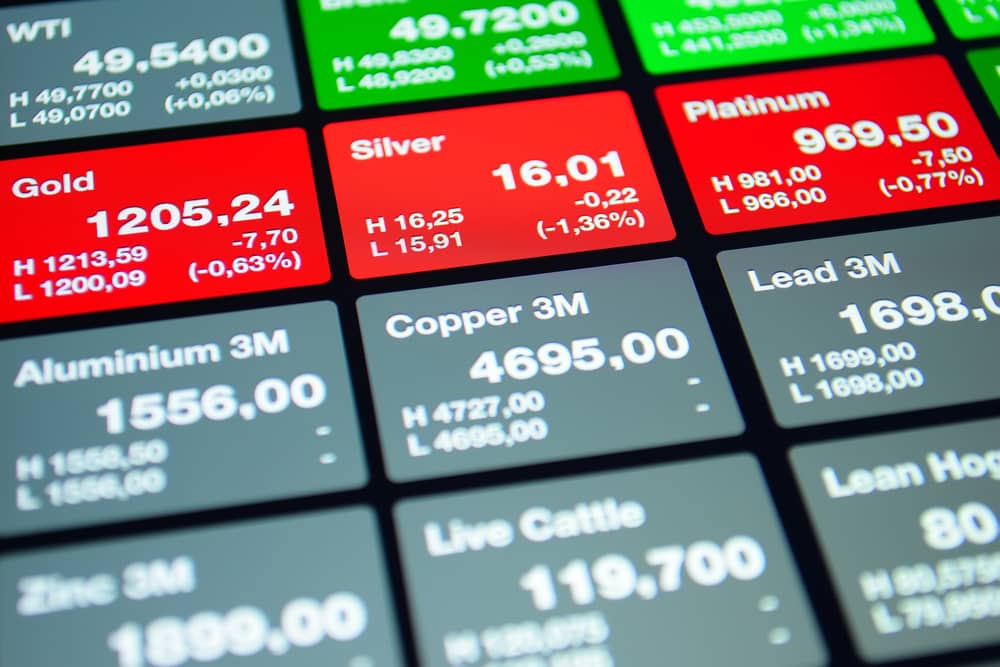While the complex mechanics of synthetic ETFs have sparked critiques such as the vehicles being too clandestine to be appropriate for ESG, for sustainable commodity investors avoiding physical replication may be the only viable option.
Last December, French regulator Autorite des Marches Financiers (AMF) warned synthetic ETFs were too opaque regarding their ESG characteristics. For instance, by not effectively communicating the absence of voting in swaps-based exposures or the fact these ETFs may end up holding the securities of high-polluting companies as collateral within their swap basket.
However, their concerns may be somewhat less relevant for investors trying to find a sustainable angle to commodity exposure via exchange-traded commodities (ETCs), such as through transition metals, given these exposures do not offer voting rights as standard.
This article first appeared in ETF Stream's recent ESG Unlocked report. To read the full article, click here.



